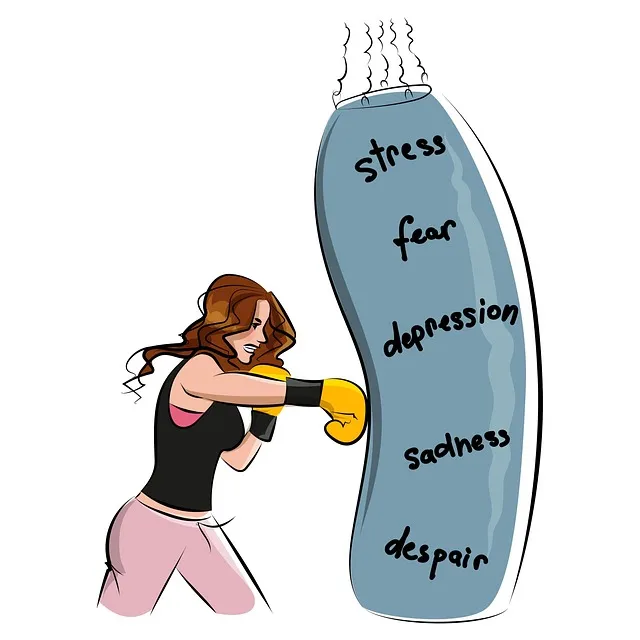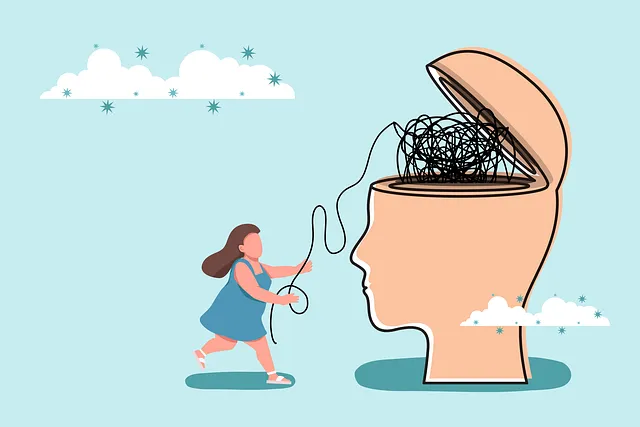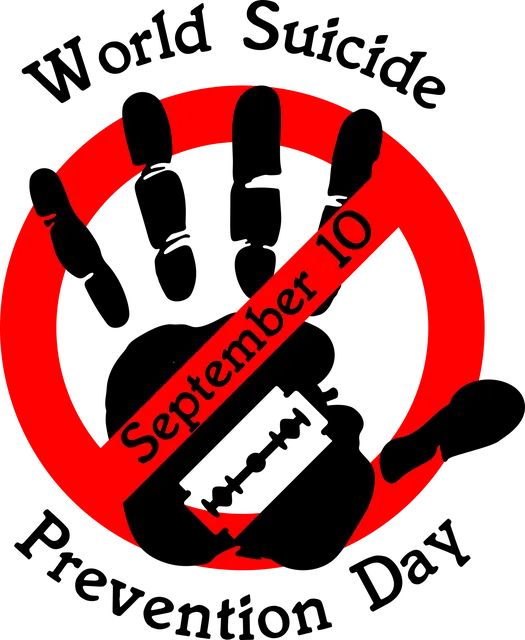The RFM model by Dr. Boulder Kaiser defines resilience as a key tool for managing life's challenges, focusing on recovery from past traumas, flexible thinking, and life mastery. Organizations like the Stress Management Workshops Organization use this framework in their programs, teaching practical self-care skills, boosting self-esteem, and fostering proactive mindsets to break negative thought patterns. Boulder Kaiser mental health programs offer structured frameworks for stress management, with inclusive exercises designed to enhance mental wellness, cater to individual needs, and build emotional resilience through safe, supportive environments. These evidence-based programs empower individuals to navigate life's challenges with enhanced coping mechanisms developed through group discussions, mindfulness, and cognitive reframing.
Resilience is a cornerstone of mental well-being, especially in today’s fast-paced world. This article explores the powerful combination of RFM (Resource, Fortitude, and Motivation) and resilience-building exercises for enhancing mental health. We delve into designing tailored exercises for various programs, drawing insights from the Boulder Kaiser approach, known for fostering lasting change. By understanding RFM, we can create robust strategies to support individuals in building mental fortitude, ultimately improving their overall well-being and resilience, especially within the context of Boulder Kaiser mental health programs.
- Understanding RFM and Its Role in Resilience Building
- Designing Effective Exercises for Mental Health Programs
- Implementing Boulder Kaiser Approaches for Lasting Change
Understanding RFM and Its Role in Resilience Building

Resilience is a crucial aspect of mental well-being, enabling individuals to navigate life’s challenges and adapt to change. The RFM (Recovery, Flexibility, and Mastery) model offers a structured framework for building resilience. Developed by renowned mental health expert Dr. Boulder Kaiser, this approach emphasizes the importance of three key components: recovery from past traumas or stressors, flexible thinking that allows individuals to adapt to new situations, and a sense of mastery over one’s life.
By incorporating RFM into their programs, organizations like the Boulder Kaiser mental health workshops can significantly enhance participants’ ability to cope with stress. The Stress Management Workshops Organization focuses on teaching practical skills for self-care routine development, fostering self-esteem improvement, and promoting a proactive mindset. These exercises help individuals break free from negative thought patterns and build a strong foundation for emotional resilience, ensuring they can face future challenges head-on.
Designing Effective Exercises for Mental Health Programs

Designing effective exercises for mental health programs, such as those offered by Boulder Kaiser, requires a multifaceted approach. The goal is to create activities that promote mental wellness and resilience while considering individual needs and cultural sensitivity in mental healthcare practice. Incorporating self-care routine development for better mental health into these exercises can significantly enhance their impact.
Exercises should be tailored to foster an environment of safety and support, encouraging participants to explore their emotions and build coping strategies. Cultural sensitivity is paramount; understanding the diverse backgrounds and experiences of clients ensures that activities resonate with all individuals. By integrating these considerations, mental health programs in Boulder Kaiser can offer transformative experiences that empower individuals to navigate life’s challenges more effectively and develop a robust mental wellness routine.
Implementing Boulder Kaiser Approaches for Lasting Change

Implementing Boulder Kaiser Approaches for Lasting Change
In today’s fast-paced world, mental health and resilience are paramount, and the Boulder Kaiser mental health programs offer a unique and proven approach to fostering lasting change. These innovative strategies focus on empowering individuals with effective self-care practices that promote overall well-being. By integrating evidence-based techniques into daily routines, participants learn to navigate life’s challenges with greater resilience.
The programs emphasize the importance of trauma support services and empathy building strategies, creating a safe space for individuals to heal and connect. Through group discussions, mindfulness exercises, and cognitive reframing, participants develop essential coping mechanisms that enhance their ability to respond positively to stress, trauma, or adversity. By embracing these holistic methods, individuals can revolutionize their mental health journey and cultivate a profound sense of empowerment.
The integration of RFM (Resilience, Flexibility, and Mastery) principles into mental health programs, inspired by Boulder Kaiser approaches, offers a powerful tool for fostering resilience. By designing exercises that encourage individuals to confront challenges, build adaptability, and embrace personal growth, these programs can facilitate lasting positive change. This holistic approach not only enhances mental well-being but also equips participants with valuable skills to navigate life’s uncertainties, ensuring they emerge stronger and more capable of overcoming future obstacles.






